To clean up ocean plastics, increase focus on coasts
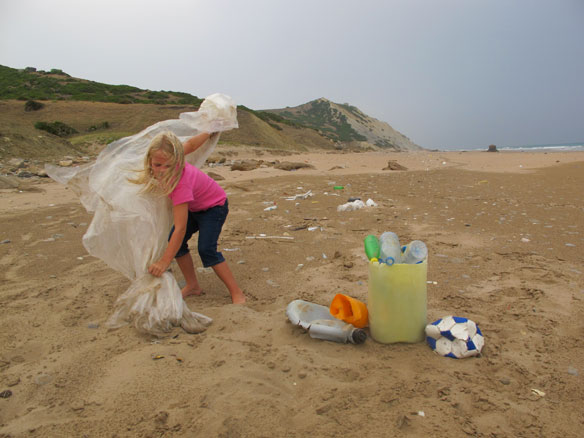
The most efficient way to clean up ocean plastics and avoid harming ecosystems is to place plastic collectors near coasts, according to a new study.
More plastic than fish in the sea by 2050
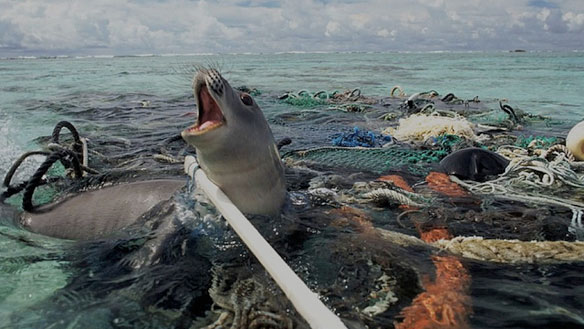
One refuse truck’s-worth of plastic is dumped into the sea every minute, and the situation is getting worse, according to a new report launched at the World Economic Forum today. New plastics will consume 20% of all oil production within 35 years, up from an estimated 5% today.
NOAA-led research identifies areas of global ocean most vulnerable to ocean acidification
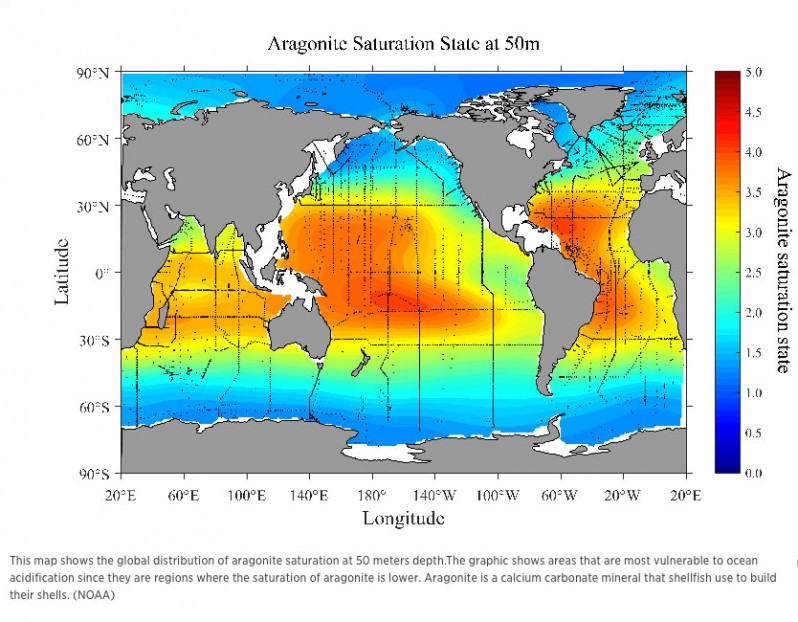
Ocean acidification is caused by humankind’s release of carbon dioxide emissions to the atmosphere. Excess carbon dioxide enters the ocean, reacts with water, decreases ocean pH and lowers carbonate ion concentrations, making waters more corrosive to marine species
PCB chemical threat to Europe’s killer whales and dolphins
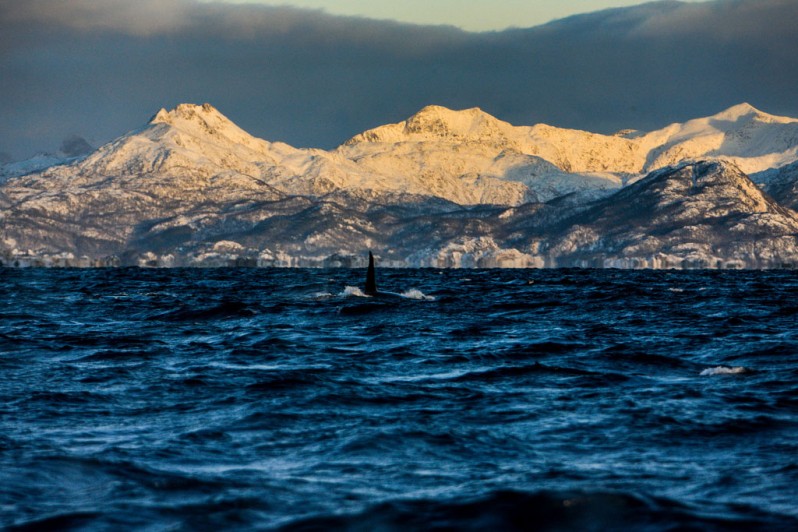
A pollutant is present at “dangerously high levels” in Europe’s killer whales and dolphins, scientists say.
Thousands of Pink Plastic Detergent Bottles Wash Up on British Beach
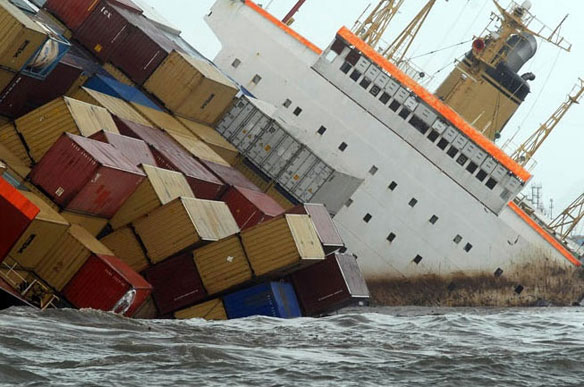
On the same shores where nautical-themed Lego pieces wash up daily, thousands of neon-pink bottles full of detergent have started littering the beaches of Cornwall, England. The bottles are believed to be from a container that fell off a cargo ship as a result of stormy seas.
Microbead-Free Waters Act a common-sense law, winning industry support

President Barack Obama last week signed the law, which bans personal-care products from containing microbeads and aims to help remove plastic pollution from lakes, rivers and the oceans. The plastics industry says it supports the new law that phases out plastic microbeads starting in 2017.
Coastal erosion uncovers oil buried on Gorleston beach in 1978, UK
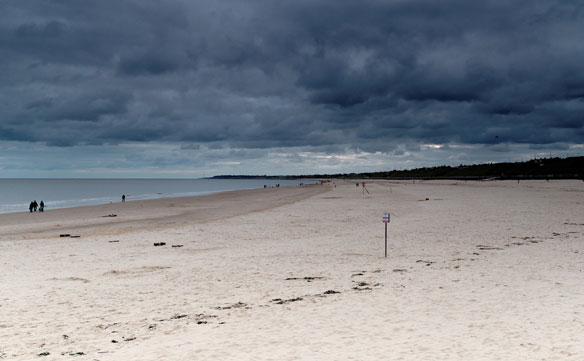
Coastal erosion is to blame for exposing oil that was buried on a Norfolk beach almost 40 years ago. The oil was originally washed ashore from a tanker, the Eleni V, which sank off the coast in 1978.
BHP dam disaster coats Brazil’s pristine beaches

New Year’s is one of the most-important holidays for Brazilians, as many flee the big cities and crowd the shoreline. After the collapse, in November, of a dam holding back mining waste, 50 million metric tons of sludge is spreading now off the coast between Rio de Janeiro and Bahia states, turning the pristine blue waters brown along an expected 30 miles of beaches.
The Ocean Is Contaminated by Trillions More Pieces of Plastic Than Thought
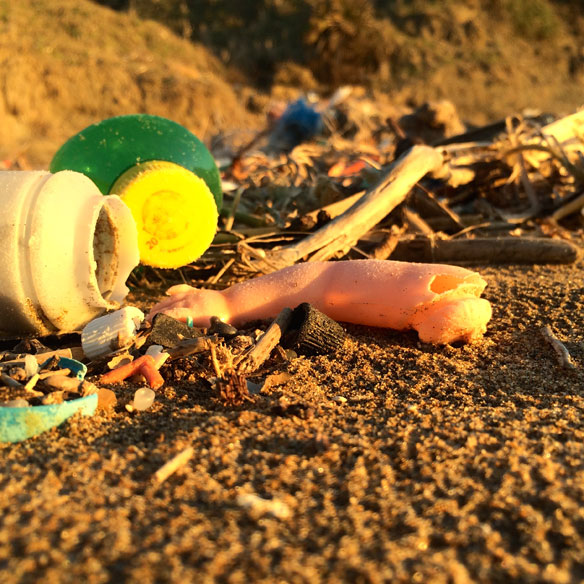
A new study suggests there are 15 to 51 trillion micro plastic particles (those less than 200 millimeters in size) in the world’s oceans, weighing between 93 and 236,000 metric tons. This is about seven times more than scientists had previously estimated.
